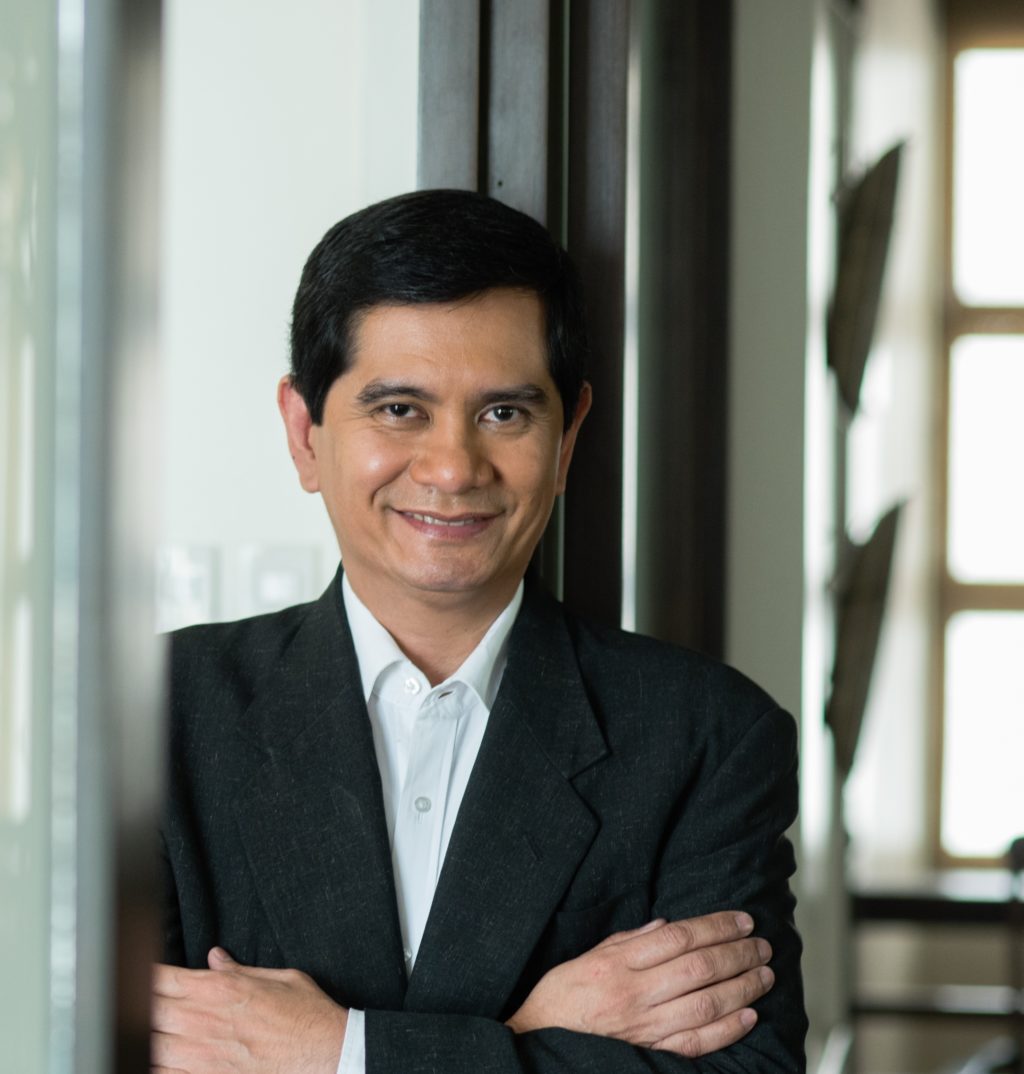Question: Is there no other choice for earning money than the stock market? I don’t like the way stock prices move. Sometimes, the trends are so erratic. Other times, they seem to be dead in the water. Asked at “Ask a Friend, Ask Efren” free service through www.personalfinance.ph, Facebook, and SMS.
Answer: You may have a point there. Many have focused on stocks as the premier tool in growing wealth. But let’s take a closer look.
A person cannot invest in the stock market if he didn’t have money to begin with, right? This starting fund can come from many sources such as winnings, gifts, inheritance, proceeds of a sale of other assets and simply income. But for the average Juan on the street, it probably comes from income.
Income, for its part, is the product of hard work, the flexing brain muscles, body muscles or both. But how much of income can one earn throughout his career? Let us first make some assumptions.
Given a 22 year-old with a daily minimum wage of Php512, 21 working days in a month, 13 months of pay in a year, an average merit increase of 3% p.a., and a retirement factor of ½ month for every year of service with 37 years of eventual service (i.e. no value is placed on leave credits, no SSS/GSIS pension and retirement is at age 60), this worker can generate a whopping Php10.12 million in gross income over his career.
Now let’s say this worker will save 10% of his growing gross income every year and invest it in the stock market. Assuming the 30-year annual compounded return of 8.1% of the Philippine stock market composite index from 1987 to 2017, our worker’s total investments by the time he retires will amount to only Php4.15 million. But if we use the composite index’s average annual return of 14% for the same period, our worker will retire with Php17.06 million.
Regardless of the assumed return, income from employment is more important because it is from here that funds for investing emanate.
The foregoing computations are for an employee. For a successful businessman who takes on more risk, he will naturally have more income and more money to save. But will he invest his savings in the stock market? Most likely not. Perhaps because of the economic concept of marginal utility, people will have less desire for money as they age. This is somehow supported by a study that says that people start increasing their level of happiness from the age of 55 onwards because they tend to enjoy ordinary experiences more.
A successful businessman can make money at will. He will also be impatient with the stock market because when he buys a stock, he will have to wait for the rest of the market to agree that what he bought is valuable and to start pushing up the price to his target selling level. On the other hand, his investments are subject to the sentiment of investors over which he has no control. A successful businessman will probably be more happy buying fixed income investments if he does not want to reinvest his money in his business.
Disclaimer: The comments uploaded on this site do not necessarily represent or reflect the views of management and owner of Cebudailynews. We reserve the right to exclude comments that we deem to be inconsistent with our editorial standards.

